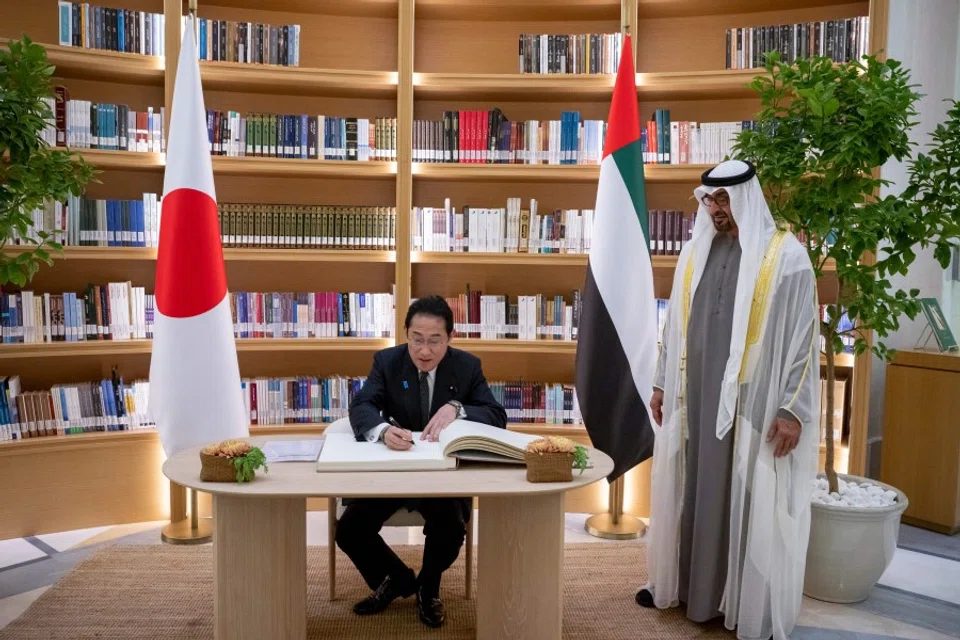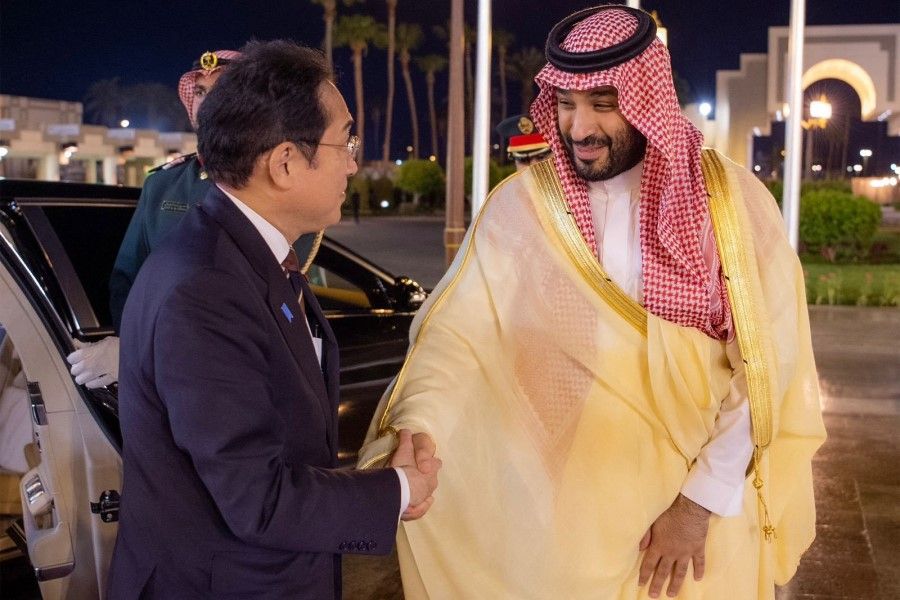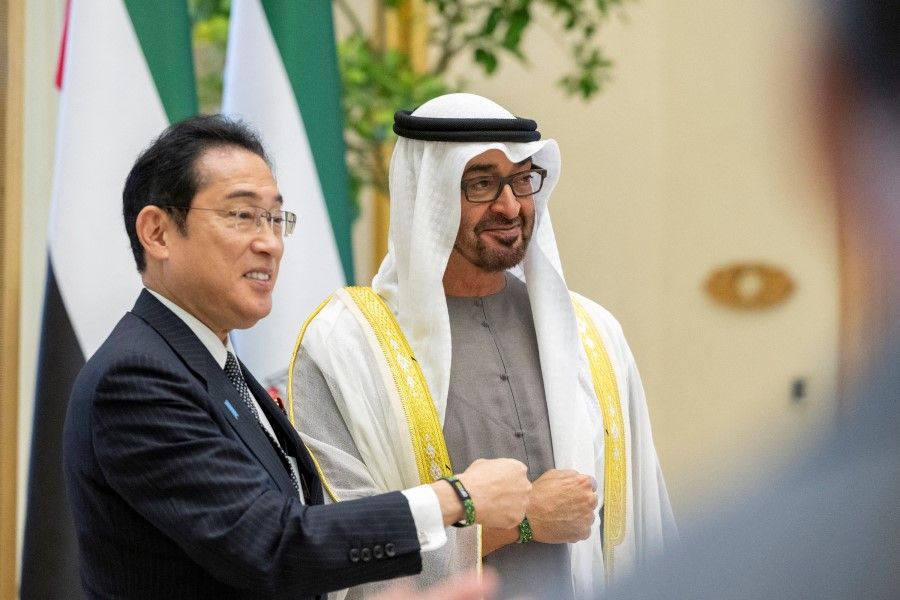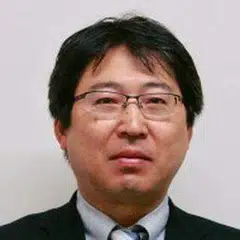Japan's diplomatic strategy in Asia: Maintaining uniqueness despite growing security concerns

Historically, Japan's Middle East diplomacy has a "unique" model. Japan's foreign policy is generally seen as following the US, and indeed, in terms of military security, the Japan-US security alliance is the base for Japan-US relations.
However, Japan has been pursuing a distinct and independent foreign policy that differs from that of the US, particularly in its Asian diplomacy and energy diplomacy. Amid deteriorating US-Iran relations after the Iranian Revolution in the 1970s, Japan continued to maintain relations with Iran, primarily to secure its oil resources. Similar examples of Japan's "unique" diplomacy were also observed in its dealings with Cambodia.
With a greater focus on security, Japan-US cooperation is closer than ever, which might have reduced the "uniqueness" of Japan's diplomacy in Asia.
Trend of emphasising security concerns
In that sense, Japan had the potential to play a different role than the US, particularly in Asia. However, the impact of events such as the war in Ukraine led to an emphasis on security issues, and the increasing US-China competition also made economic security a priority.
Consequently, the "separation of politics and economics" became more difficult. With a greater focus on security, Japan-US cooperation is closer than ever, which might have reduced the "uniqueness" of Japan's diplomacy in Asia. In this regard, the news that China contributed to repairing relations between Saudi Arabia and Iran must have come as a shock to Japan, as Japan has consciously maintained relations with countries whose relations with the US have deteriorated, indirectly maintaining relations "for" the US.

Of course, Japan is not oblivious to its unique model. For example, the country takes a comprehensive approach to the Indo-Pacific, encompassing economic activities and emphasising openness. Furthermore, Japan is also advocating for an emphasis on the ASEAN version of the Indo-Pacific, known as the ASEAN Outlook on the Indo-Pacific.
But even so, given the above trend of emphasising security concerns in recent times, Japan may not be as flexible as before in its Asian diplomacy.
Situational approach to formulating policies
Prime Minister Fumio Kishida's visit to the Middle East is thought to be aimed at reestablishing Japan's distinctive style of Middle East diplomacy and forging new relationships that align with the current conditions, keeping in mind the increasing presence of China in the region.
The summit meeting between Japan and Saudi Arabia on 16 July was arguably the most significant achievement of Kishida's efforts in establishing a relationship with Crown Prince Mohammed bin Salman Al Saud, who holds increasing authority and influence.
Furthermore, both sides reached a consensus in advancing increased cooperation in clean energy, industrial diversification, advanced fields, and sectors such as medical and healthcare, in alignment with the already established "Saudi-Japan Vision 2030" - this undoubtedly showcases Japan's strengths.
Japan now appears to be employing a more situational approach when formulating policies for each region, taking into account the specific circumstances of the partner country and region.
Meanwhile, Kishida has been incorporating the outcomes of the Hiroshima Summit, emphasising the significance of the "rule of law" and the new "Free and Open Indo-Pacific" concept that he introduced during his visit to India.
In the past, Japan tried to advocate for a unified "Value Oriented Diplomacy" (emphasising on universal values such as freedom, democracy, human rights, the rule of law, and the market economy), but that was unsuccessful. Hence, Japan now appears to be employing a more situational approach when formulating policies for each region, taking into account the specific circumstances of the partner country and region. However, it is necessary to assess the extent to which this approach has been effectively communicated to the respective countries.
Conscious of its differences with the US and China
During the summit meeting with UAE President Mohamed bin Zayed Al Nahyan on 17 July, as with Saudi Arabia, various areas of cooperation were explored. Tangible outcomes were documented in written agreements, including collaborations in space and agriculture.

Japan has built a long-term and amicable relationship with the UAE as a traditional buyer of crude oil. The future challenge will be how it can build a relationship that goes beyond generations.
At the summit meeting between Emir Tamim bin Hamad Al Thani and Kishida in Qatar on 18 July, the discussion extended beyond the continued development of Japan's infrastructure construction assistance to Qatar. It also involved the promotion of investment from Qatar to Japan, reflecting the aim to foster a multifaceted and close relationship between the two nations.
However, as Japan does not have the same economic power as before, it is not anticipated to directly confront China, which is enhancing its presence in the region.
Again, Kishida was committed to conveying the outcomes of the Hiroshima Summit, yet his remarks were restrained and only touched upon the importance of the "rule of law".
Thus, Kishida's visit to the Middle East did achieve some results. However, as Japan does not have the same economic power as before, it is not anticipated to directly confront China, which is enhancing its presence in the region. Rather, it seems that Japan is conveying what it can do, being conscious of its differences with the US and China, while exploring cooperation. As for how the outcomes of this visit will show in the future, that remains to be seen.
Related: Asserting Japan's interests in the Middle East | Differences between the US and China in Middle East peace advocacy | Chinese academic: Beijing does not want China to replace the US in the Middle East | Will China become an 'empire by invitation' in the Middle East? | China's Saudi-Iran deal only a defensive response to Western security challenges | Saudi-Iran deal: Diplomacy with Chinese characteristics gaining ground
